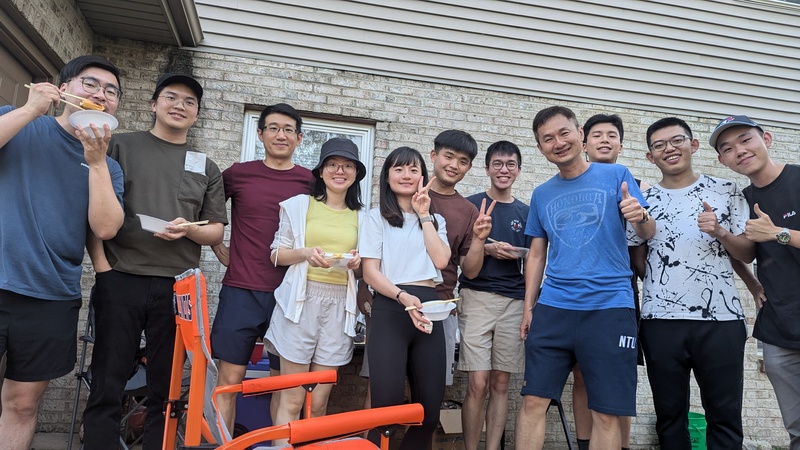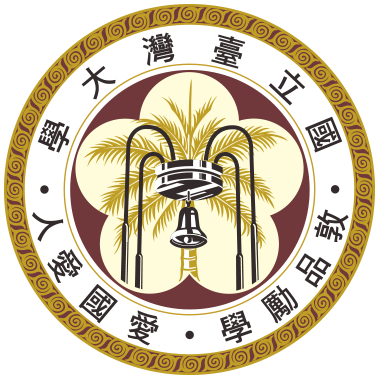- Name: Prof. Kuo-Hsin Yang
- Position: Professor, Department of Civil Engineering, National Taiwan University
- Research interest: Geotechnics for Disaster Prevention and Sustainability, Energy Geotechnics, Geotechnical Engineering Modeling
- Host University: Department of Civil and Environmental Engineering, The University of Illinois Urbana-Champaign (UIUC)
- Research Partner: Prof. Tugce Baser
- Research topics: Urban-Scale Geothermal Systems for Sustainable Communities
NTU Office of International Affairs continues its series of interviews, where scholars share their experiences of international collaboration with NTU partner universities all over the world. Today, we will travel all the way to the American Midwest, where Prof. Kuo-Hsin Yang from the Department of Civil Engineering and his graduate student Chin-Chin Huang stayed for one month at the University of Illinois Urbana-Champaign (UIUC).
Living in Taipei, where climate change causes longer and hotter summers with an increasing number of extreme heat days each year, Prof. Yang has been working on how to reduce the urban heat island (UHI) effect—when urbanized areas experience higher temperatures than surrounding areas—by changing the way of air conditioners transfer waste heat. Since the impacts of climate change and sustainable development are important global issues, international collaboration to find a solution is essential. Thus, Prof. Yang decided to partner with Prof. Tugce Baser from UIUC to collaboratively investigate the application of shallow geothermal energy in air conditioning for heat exchange and energy-saving.

Giving his student the opportunity to experience an academic environment outside of Taiwan at one of the top schools in the U.S. was another motivation for Prof. Yang to apply for International Joint Seed Funding. He shared that he was a graduate student in the United States himself and that it was a transformative experience that stimulated his personal growth and helped him discover his future ambitions.
Chin-Chin told us that the first thing she noticed after arriving at Prof. Baser’s lab at UIUC was that, even though the team had only around ten members, most of them came from other countries. This fostered a diverse group of specialists with unique backgrounds and perspectives, many of whom did not have English as their mother tongue but still actively engaged in discussions and were eager to hear Chin-Chin’s thoughts on all sorts of topics. This is exactly the atmosphere Prof. Yang hoped she could immerse herself in, especially since most of the students in the lab are PhD and postdoctoral fellows who could guide her on all kinds of academic issues.
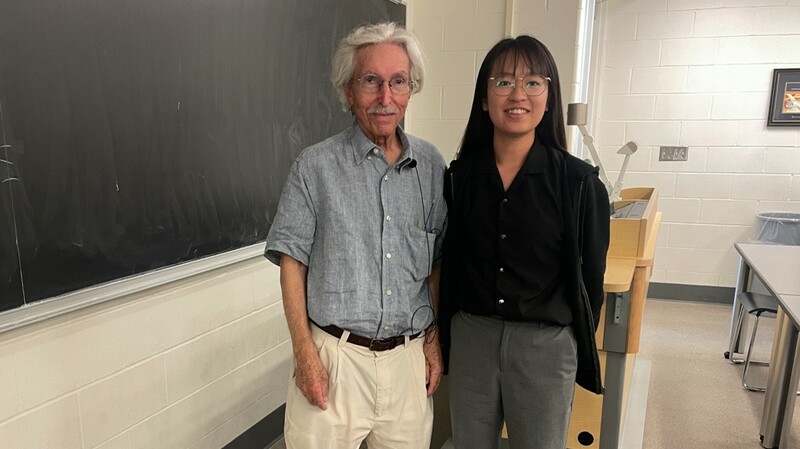
In terms of the laboratory facilities, both Prof. Yang and Chin-Chin observed that UIUC has quite a lot of large-scale equipment, which allows them to implement their research findings on the campus. For example, ground source heat pump systems are being installed around the campus. The system uses underground pipelines for heat exchange to achieve energy savings and reduce electricity consumption. In summer, the system exchanges waste heat from air conditioning with the cooler underground layers to achieve a cooling effect. In winter, it operates in reverse, the system utilizes the warmer underground layers for heat exchange to provide heating. Prof. Yang hopes that, through this collaboration, similar technology can be implemented at NTU.
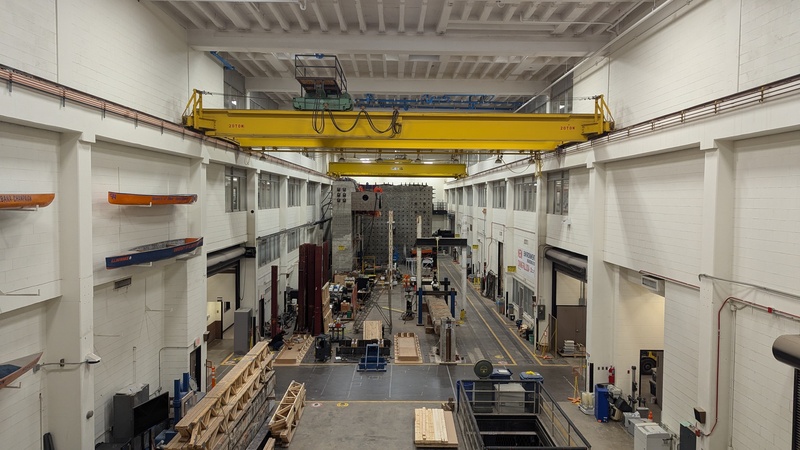
For both Prof. Yang and his student, the learning process didn’t take place only in the laboratory. Chin-Chin shared that she had experienced a short period of “homesickness” shortly after arrival, but after a few weeks, she became more self-aware of her emotions, developed coping strategies, and grew more independent in the new environment. She joined bible study sessions where students from all over the world, regardless of their religion, could meet new friends and get involved in different activities like apple picking. There was even a community of Taiwanese students with whom they organized a Mid-Autumn Festival event. All these new experiences have broadened her horizons and made her consider returning to UIUC to pursue a PhD—something she hadn’t even considered before this trip.
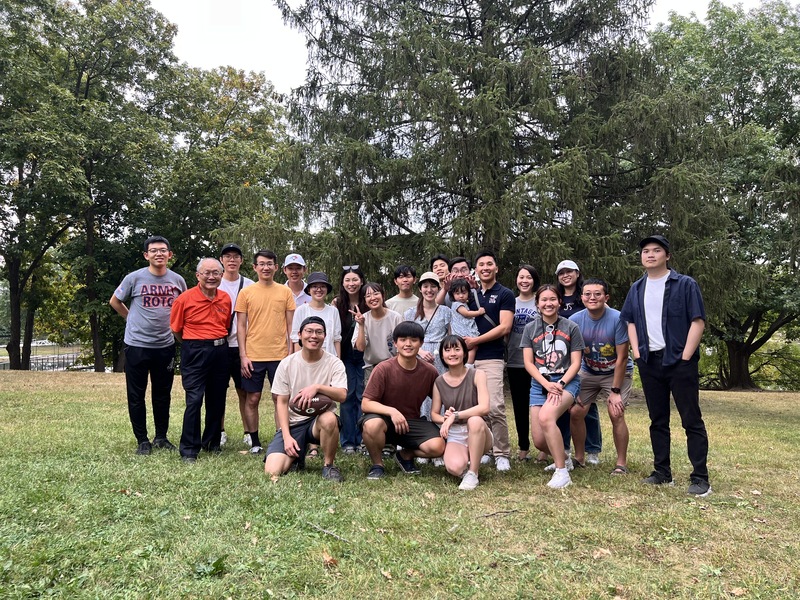
As for Prof. Yang, he believes that collaborations can stimulate personal growth and development for professors like him—who already have a stable academic career. By observing how his colleagues at UIUC mentor their students, he has learned to encourage critical thinking while finding the right balance between supporting students and pushing them to step outside their comfort zones.
During his time at UIUC, Prof. Yang had another mini-mission: to meet his former civil engineering students from NTU who are now studying at UIUC. “I saw the internationally minded individuals they’ve become. By this, I mean their open-mindedness, empathy, and intense curiosity—they’ve become people who don’t assume their way of thinking is the only way and who want to engage with others to discover what else is out there.” Prof. Yang also believes that the potential of NTU students who are currently studying abroad can help the world better understand Taiwan and NTU. The NTU International Joint Seed Funding Program further connects NTU with the global community, fostering mutual growth and learning in the academic field.
